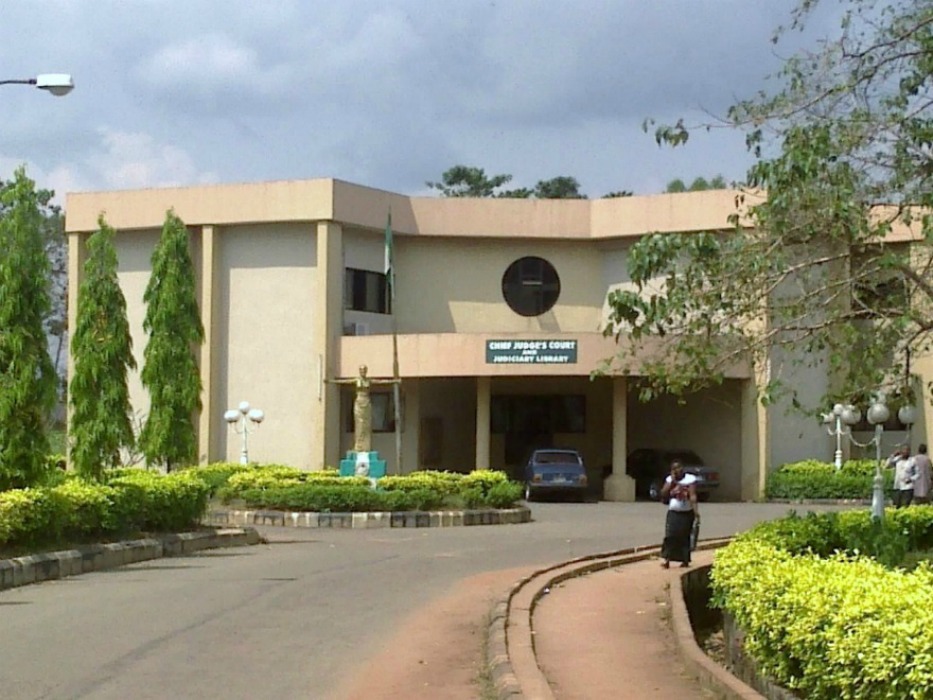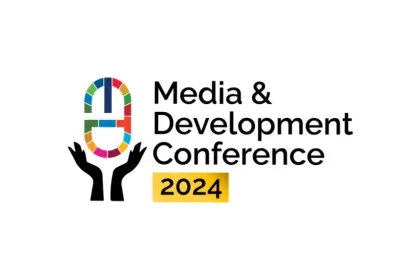An Enugu State High Court has cleared the way for a smooth and uninterrupted election for the leadership of Ohanaeze Ndigbo, Nigeria’s foremost Igbo socio-cultural organization, following a protracted legal battle.
The court’s judgment, delivered on Thursday, ensures that the planned leadership election on January 10, 2025, will proceed without interference from key figures who had threatened to disrupt the process.
The court’s decision is a significant relief for those hoping for a peaceful and fair electoral transition within the organization, whose influence extends far beyond the borders of Enugu State. Ohanaeze Ndigbo, a group responsible for promoting the social, cultural, and political interests of the Igbo people, has long been a cornerstone of the region’s leadership.
The upcoming election, scheduled to take place at the Ime-Obi Secretariat, 7 Park Avenue, GRA, Enugu, is expected to define the future trajectory of the group, with Rivers State favored as the source of the next President General.
The legal case was filed by former Imo State Governor, Ikedi Ohakim, who approached the court to challenge the legitimacy of those involved in the election process. Ohakim’s suit, number E/01M/2025, named several respondents including outgoing President General, Nze Ozichukwu Chukwu, and other prominent figures, some of whom he accused of attempting to manipulate the election in their favor.
In the court’s ruling on January 7, 2025, Justice N.R. Oji granted Ohakim’s plea, barring Engr. Chidi Ibe, Mazi Okechukwu Ishiguzoro, and Chief Richard Ozubu, referred to in the legal proceedings as the 5th, 6th, and 7th respondents, from intervening in the electoral process or otherwise sabotaging the work of the electoral committee.
This unprecedented order sends a strong message to anyone seeking to undermine the leadership selection process. The court emphasized that those named in the suit must not “interfere with the electoral committee inaugurated by the outgoing PG, Nze Ozichukwu Chukwu, on December 27, 2024, and chaired by the 4th respondent,” and made it clear that any actions to manipulate the vote for President General or other leadership positions would be in violation of the organization’s constitution. With the court’s intervention, the integrity of the election appears intact, offering hope for a smooth transition of leadership at a time when the Igbo nation is closely watching.
The tension surrounding the election is not purely procedural; it stems from wider political concerns about the future of the organization and its influence in Nigeria’s complex federal system. In recent years, Ohanaeze Ndigbo has increasingly taken on a critical role in representing the interests of the Igbo people, lobbying for political power, and working to unify the southeastern part of the country. Who holds the top position in this influential organization matters, especially as it could impact the Igbo political agenda both locally and nationally.
While the election is set to go ahead as planned, the court has set a hearing date for the substantive suit to continue on January 22, 2025, meaning the underlying legal battle is far from over. However, for now, the most immediate concern is ensuring that the planned election is conducted without any further setbacks. The stakes are incredibly high, as the leadership election could have far-reaching implications not only for the future of Ohanaeze Ndigbo but for the political dynamics of the entire southeastern region of Nigeria.
For the Igbo community, this ruling is seen as a necessary step to preserve the organizational integrity and the legitimacy of Ohanaeze Ndigbo. Supporters of the electoral committee can breathe easy, knowing that the election will unfold according to the organization’s rules.
For the rest of the nation, the unfolding election may also provide insight into the broader political future of the Igbo people, who have long been a significant, yet often marginalized, group in Nigerian politics.




